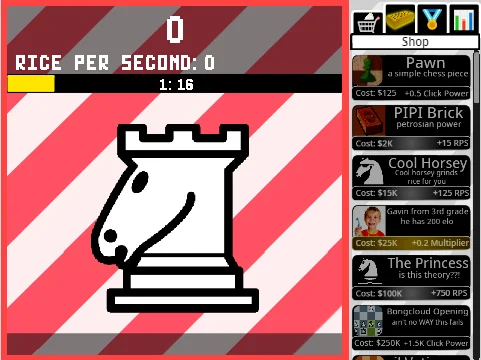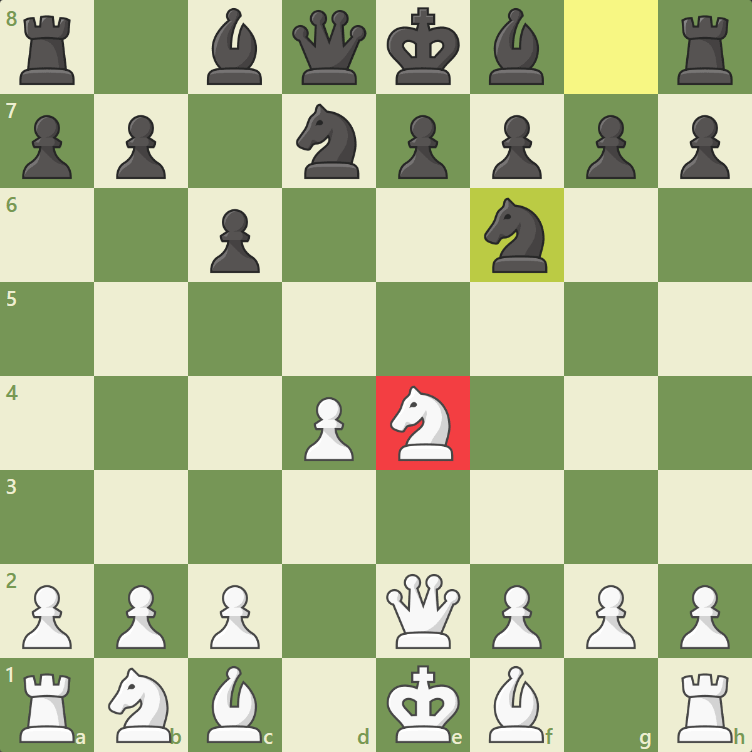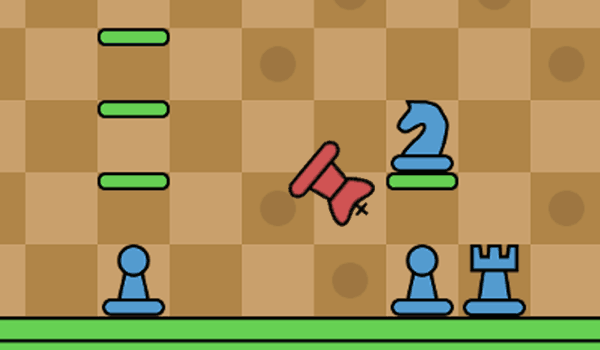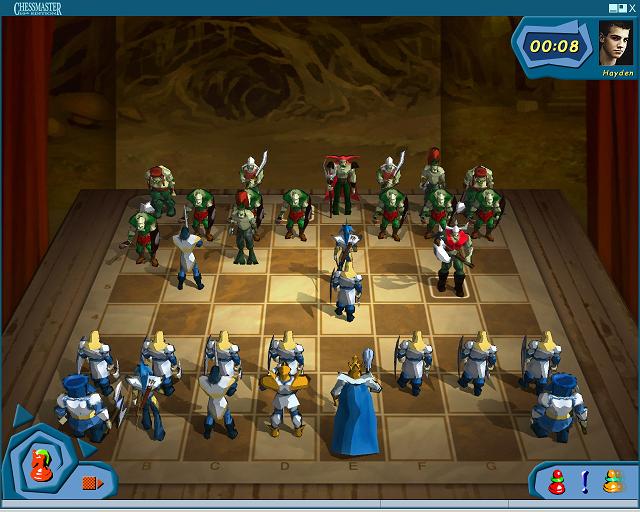Real money casinos
Online casinos india
Online gambling
Casino games
Best casino payouts
Online betting
Baccarat online
Free online games
All free online games
Board games
Card games
Sport games
Mini games
Puzzle games
Play Carrom
How to play
How to play slots
all categories
Online casinos
Free games
Table games
Slots
Bonuses
Reviews
Games Guide
back
Real money casinos
Payment options
back
Casino games
Free online games
back
Online blackjack
Online poker
Online roulette
How to play
back
Casino reviews
Slots reviews




__1738752065-0.png)



__1738750670-0.png)









